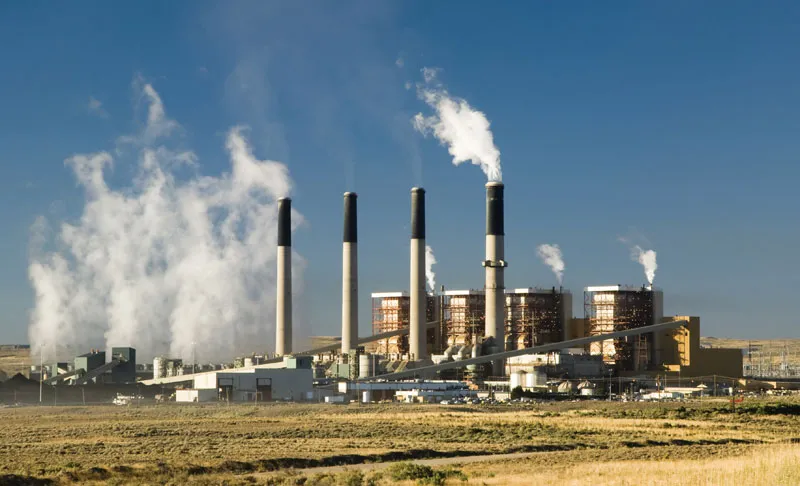New estimates from the International Energy Agency (IEA) show that fossil fuel subsidies increased globally in 2022 and surpassed $1 trillion for the first time as a result of the global energy market volatility that drove fuel prices considerably above what many consumers actually paid.
The IEA has been monitoring subsidies for fossil fuels for many years, looking at cases where consumer prices are less than the fuel’s market value. The latest research presents the initial projections for 2022, which reveal that worldwide subsidies for the consumption of fossil fuels increased by a factor of two from the year before to an all-time high of $1 trillion.
The Glasgow Climate Pact, which called on nations to phase out inefficient fossil fuel subsidies while giving targeted help to the poorest and most vulnerable in November 2021, was in stark contrast to these rising expenditures.
Read Also: Study reveals climate change could leave Yukon plants with nowhere to go
The study reveals that many of these government initiatives were poorly targeted, and even though they may have partially shielded consumers from surging prices, they artificially preserved the competitiveness of fossil fuels relative to low-emissions alternatives.
According to the IEA, well-crafted rules should prevent the fuel supply from ever falling too far behind demand.
The agency pointed out that affordable, high-efficiency and low-emission products and services are necessary, and that consumers with lower incomes need assistance managing their initial out-of-pocket expenses.
Story was adapted from Enviro News
